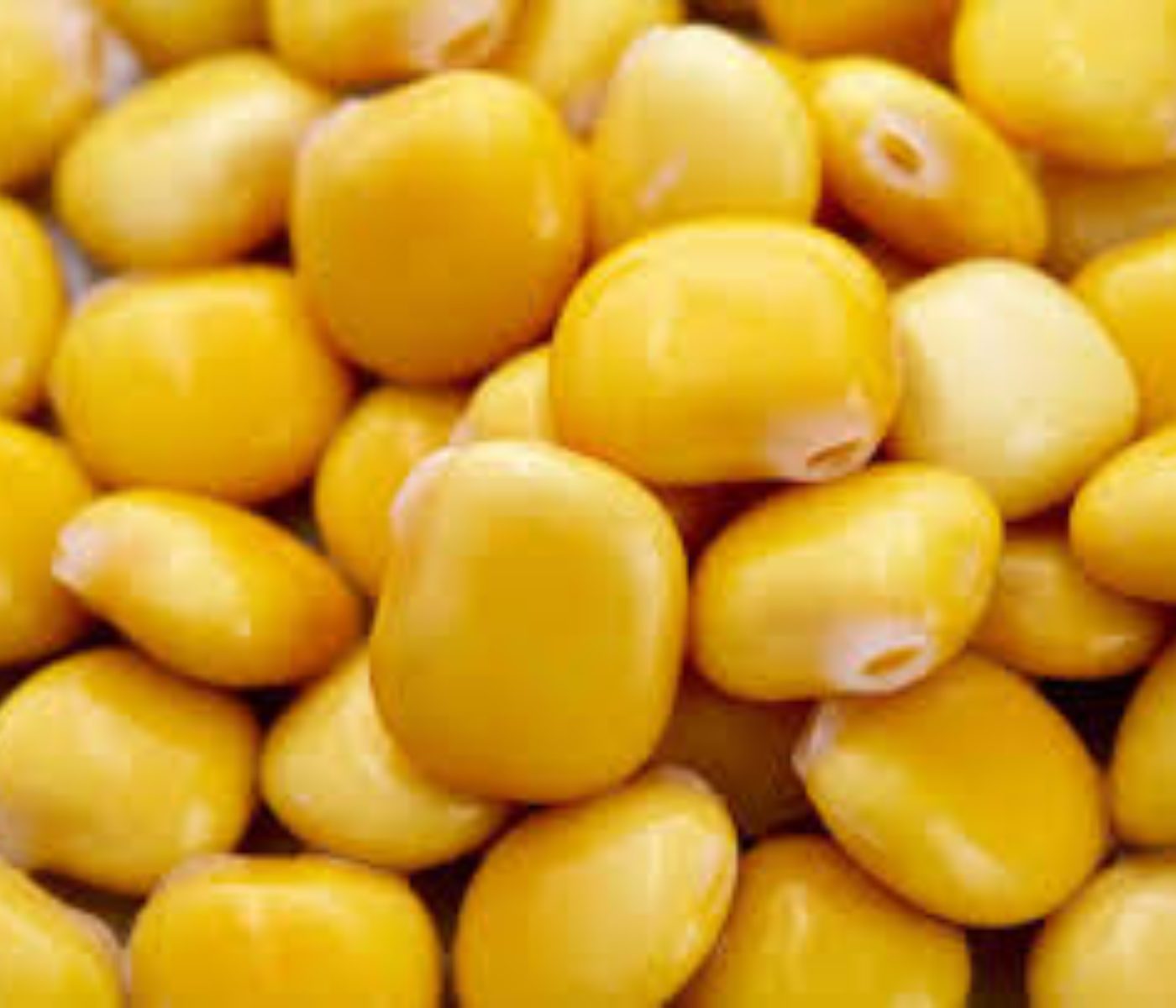“Lupin is the one species that you can grow that will genuinely replace soya protein.”
— David McNaughton, Managing Director, Soya UK
 24 Aug 2025
24 Aug 2025
🌾 Why Lupin Matters
Lupin is an underused crop with massive potential. Thanks to its high-quality protein—comparable to soy and superior to peas and beans— it is being recognized as a serious alternative to imported soya in both animal feed and human food.
Diversifying protein sources is not only key for food security, but also for achieving net-zero climate goals. Unlike soy, lupins are well-adapted to the climates of the UK and Canada, making them a promising local solution to reduce dependency on imports.
This project is designed to:
![]() Optimize agronomic traits for lupin cultivation in the UK and Canada.
Optimize agronomic traits for lupin cultivation in the UK and Canada.
![]() Extract and utilize key components of the crop (proteins, lipids, and fibres).
Extract and utilize key components of the crop (proteins, lipids, and fibres).
![]() Develop lupin-based ingredients to be used in food products tailored for UK/Europe and North America.
Develop lupin-based ingredients to be used in food products tailored for UK/Europe and North America.
By strengthening the lupin supply chain and supporting its adoption, the project could transform the plant-based protein sector.

The UK imports over 3.5 million tonnes of soy every year, much of it from Brazil. This contributes to deforestation and significant carbon emissions.
Lupin offers a homegrown, sustainable alternative.
“Lupin is the one species that you can grow that will genuinely replace soya protein.”
— David McNaughton, Managing Director, Soya UK
The Lupin Loop project combines traditional field trials with next-generation tools like gene editing to improve lupin traits such as:
![]() Herbicide tolerance
Herbicide tolerance
![]() Pod-shattering resistance
Pod-shattering resistance
![]() Adaptability to low-nutrient soils
Adaptability to low-nutrient soils
At the same time, life cycle analyses are being conducted to confirm that swapping soy for lupin would result in a lower carbon footprint.
Growing lupin in the UK isn’t without hurdles. Weather variability has created unstable yields, particularly in heavy clay soils. However, trials show that even in northern England, white lupins can thrive.
Another key challenge is farmer adoption. Despite the crop’s potential, only ~2,000 acres are grown annually in the UK, mostly for livestock. As McNaughton notes:
“We have the varieties, we have the agronomy, and we have the economics—but we just don’t have the market.”
By the end of the project, Lupin Loop aims to deliver:
![]() Optimized cultivation practices for Canada and the UK.
Optimized cultivation practices for Canada and the UK.
![]() Sweet, alkaloid-free lupin flour.
Sweet, alkaloid-free lupin flour.
![]() A wide portfolio of lupin-derived ingredients (proteins, fibres, lipids).
A wide portfolio of lupin-derived ingredients (proteins, fibres, lipids).
![]() Region-specific food applications, targeting both human and animal nutrition.
Region-specific food applications, targeting both human and animal nutrition.
If successful, this initiative will help reduce the UK’s reliance on imported soy, while providing a nutrient-rich, climate-friendly crop. With backing from leading partners in both agriculture and biotechnology, lupin has the potential to become a cornerstone of sustainable protein production.
Partners of the project include: SoyaUK, BioPower Technologies, UK Agri-Tech Centre, Lupin Platform, NRC Canada
Subscribe now to the technical magazine of animal nutrition
AUTHORS

Nutritional Interventions to Improve Fertility in Male Broiler Breeders
Edgar Oviedo
The Use of Organic Acids in Poultry: A Natural Path to Health and Productivity
M. Naeem
Synergistic Benefits of Prebiotics and Probiotics in Poultry, Swine, and Cattle
Gustavo Adolfo Quintana-Ospina
Hybrid Rye Potential in Laying Hen Feed Rations
Gwendolyn Jones
A day in the life of phosphorus in pigs: Part I
Rafael Duran Giménez-Rico
Use of enzymes in diets for ruminants
Braulio de la Calle Campos
Minerals and Hoof Health in the Pregnant Sow
Juan Gabriel Espino
Impact of Oxidized Fats on Swine Reproduction and Offspring
Maria Alejandra Perez Alvarado